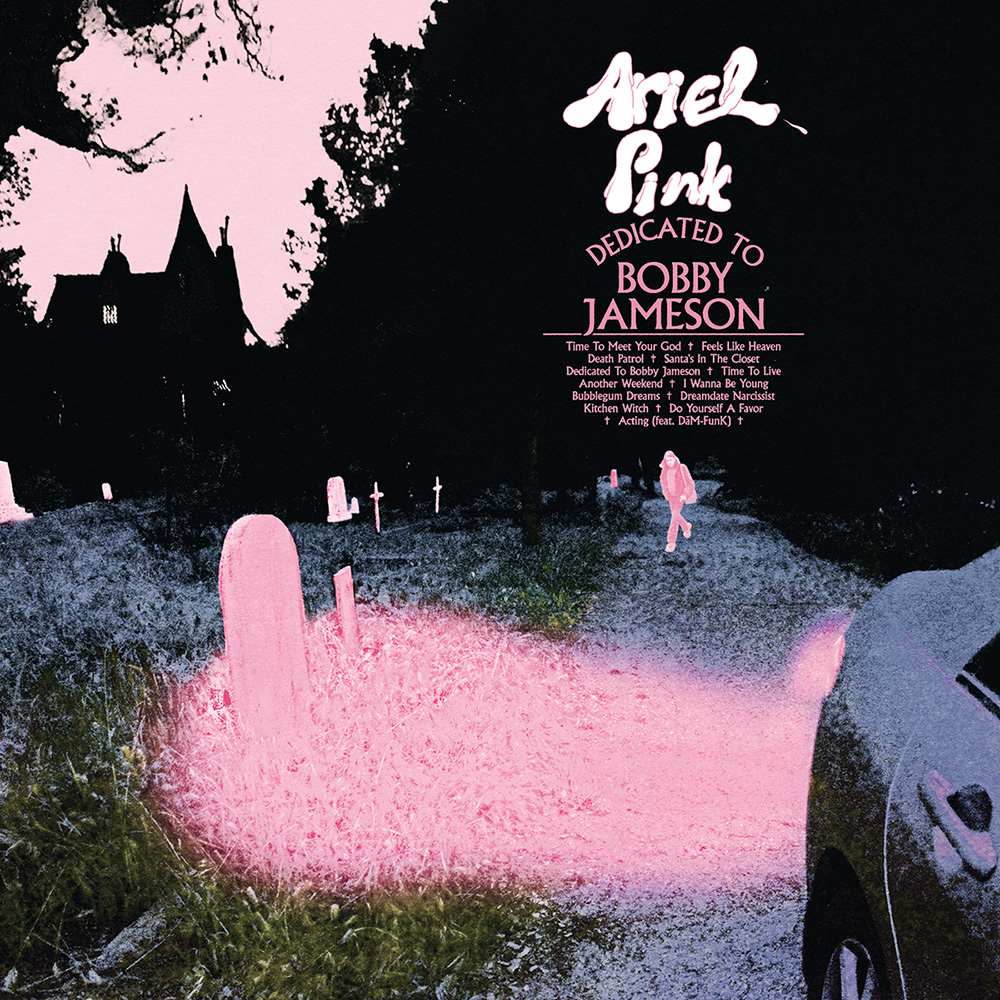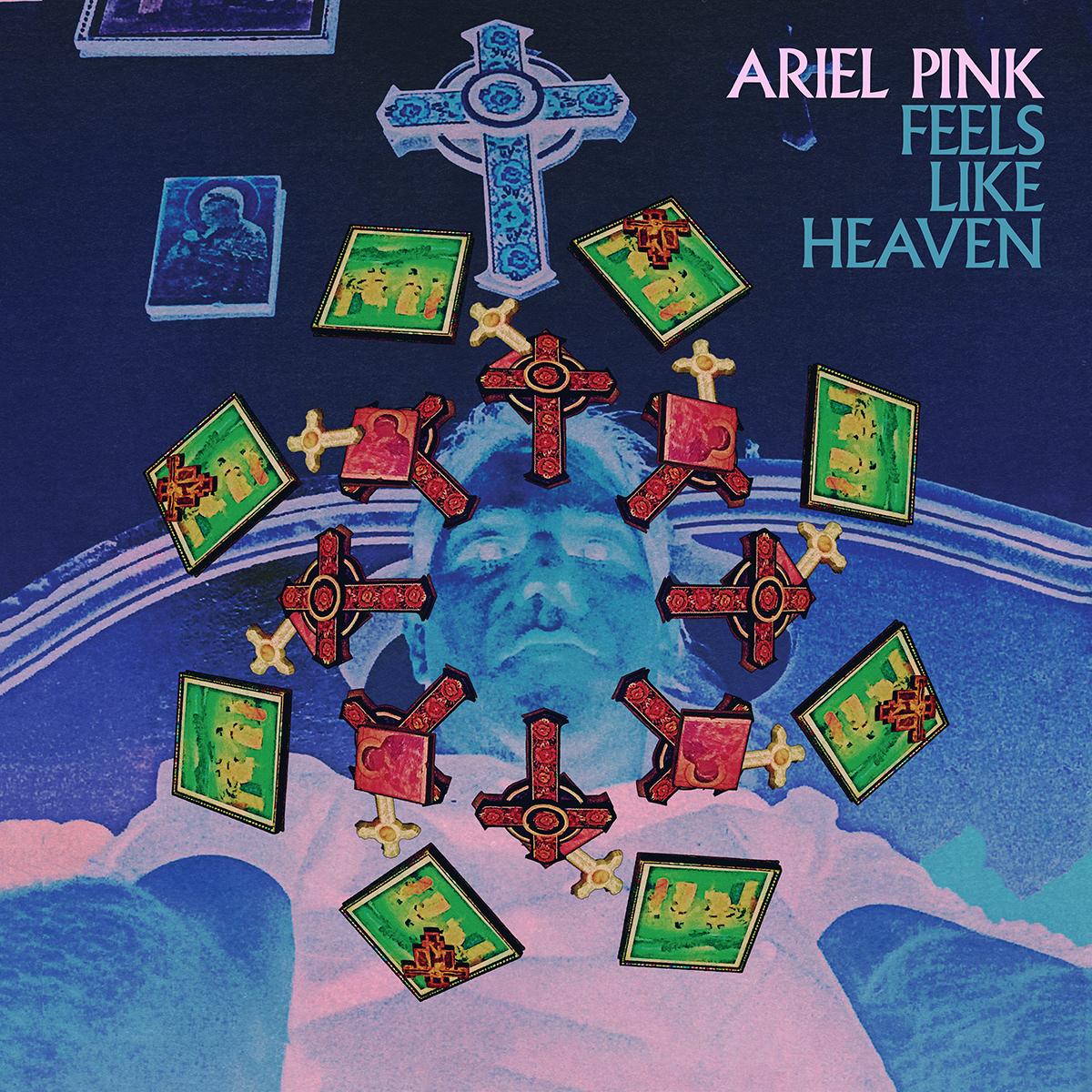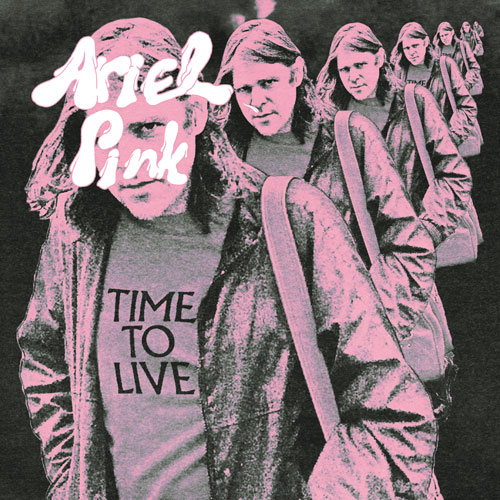Ariel Pink
Raised in Beverly Hills, Ariel Pink (born Ariel Marcus Rosenberg) started out as a visual artist before becoming a recording artist in the late ‘90s while attending Cal Arts. Between 1996 and 2004, he honed his craft writing, performing, recording, and producing a body of work that was experimental, impressionistic, and improvisational—often creating melodic accompaniments and percussive elements with his voice, as opposed to traditional drums or drum machines.
In 2003, Ariel Pink attracted the attention of Animal Collective’s Paw Tracks label, earning his home recordings a small and devoted fan base through a series of limited edition reissues. Drawing upon a list of long-forgotten iconoclasts and trailblazers like the Shaggs, the Cure, the Velvet Underground, Destroy All Monsters, the Godz, Cabaret Voltaire, and R. Stevie Moore, Pink set himself to the task of redefining the musical lexicon for himself and others. “This mission,” he says, “remains mine to this day.”
Though critically misunderstood at the time, Pink’s lo-fi recordings wielded an enormous influence with insiders and outsiders, earning him the unsolicited distinction as “the godfather of chillwave” and the face of the emergent genre of Hypnagogic Pop. Upon signing to the landmark record label 4AD in 2009, Pink’s fortunes with critics began to reverse, and his resulting first single, “Round and Round,” was named the #1 Record of 2010 by Pitchfork.
Since that period, Pink’s influence has grown, even as he and his work have waxed and waned within the popular political conversation. His music, in its earnest genre drag, continues to polarize. His embrace of the dark edges of human folly and despair is juxtaposed with superficial joy, touching on aspects normally avoided in pop music like sarcasm, suspicion, nihilism, self-loathing, and denial. These shadows of the self make their brighter counterparts—love, desire, nostalgia, dreams, acceptance, and epiphany—all the more transcendent, striking deep chords of emotion with fans. In his frenzied portrayals of humanity’s baseness and beauty, Ariel Pink spins pathos into paradise.
 Mexican Summer
Mexican Summer 





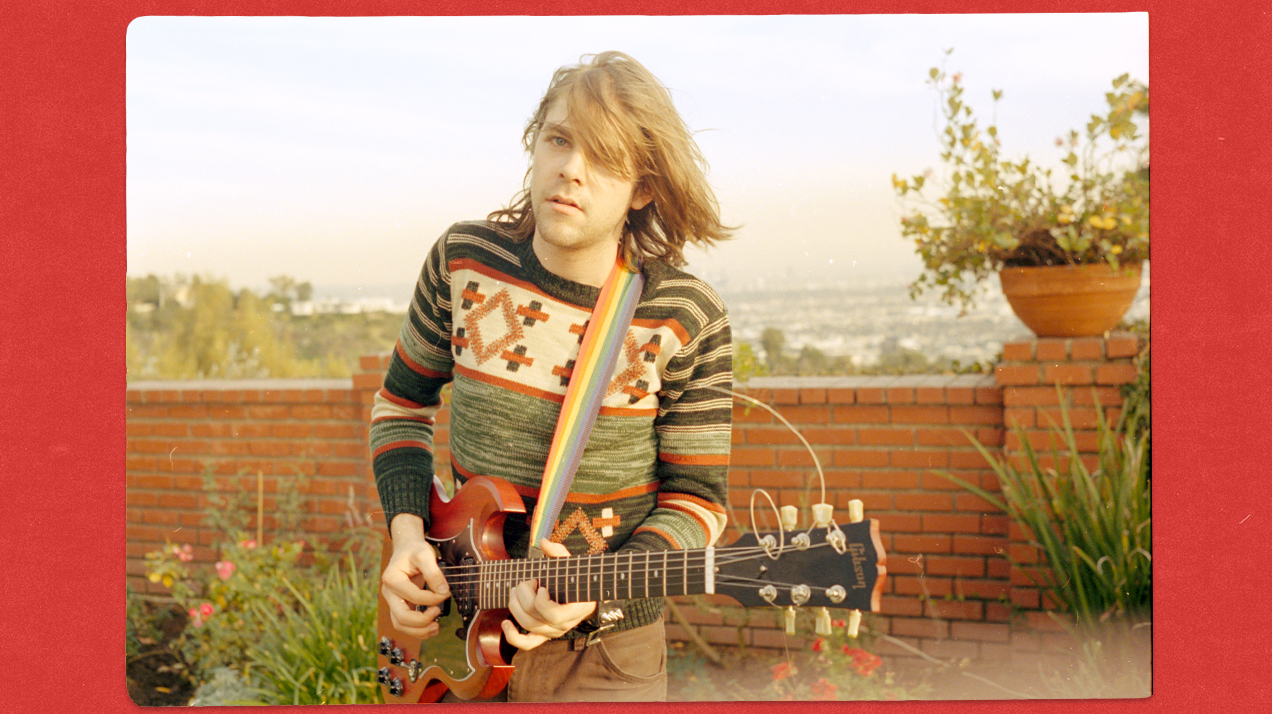
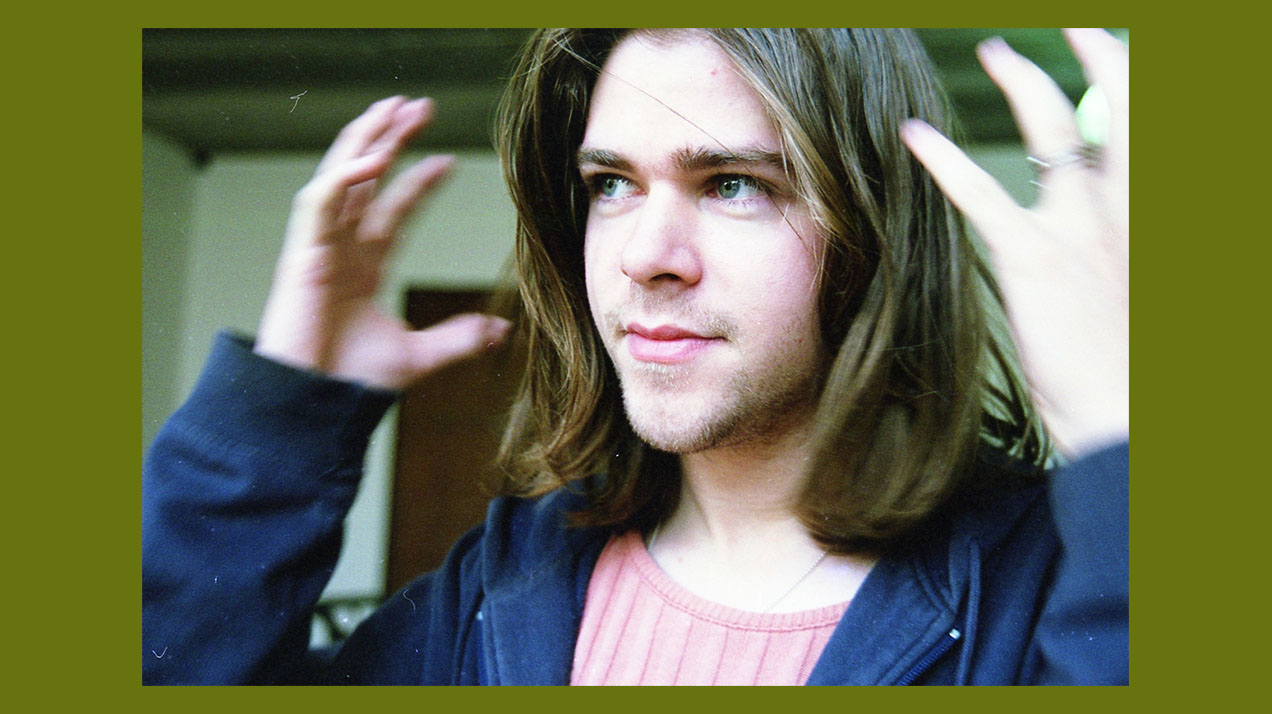
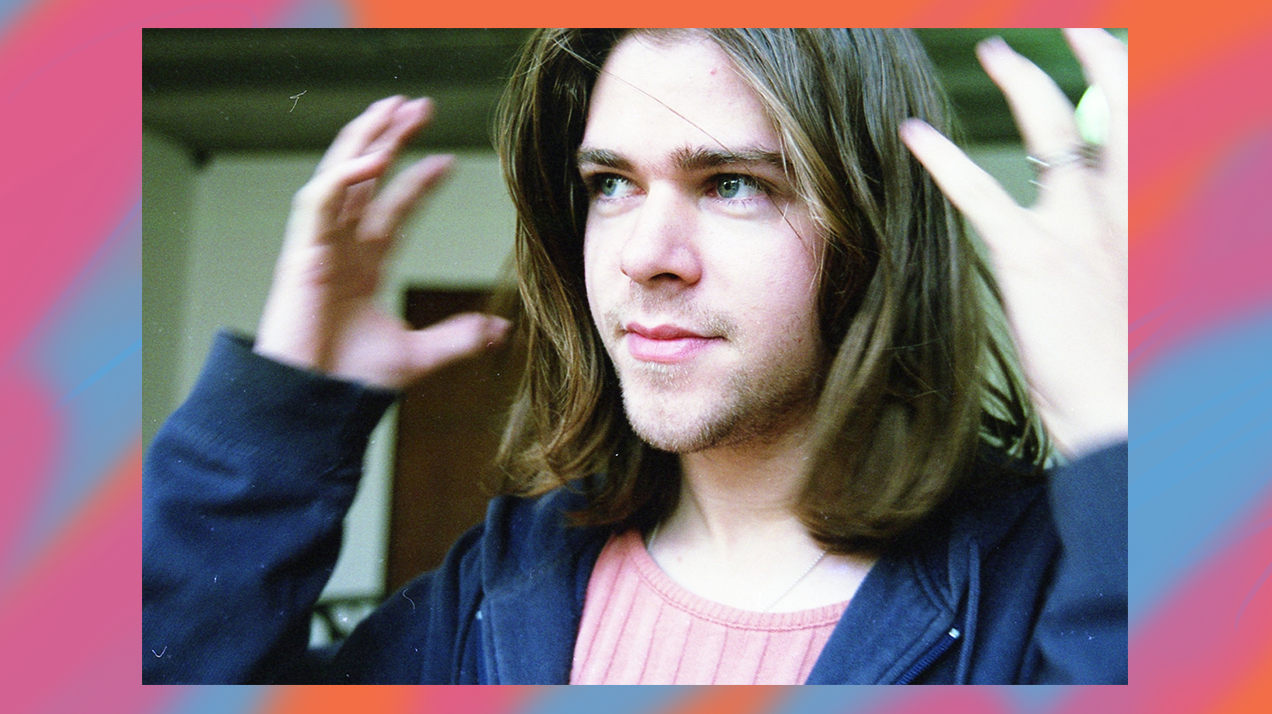
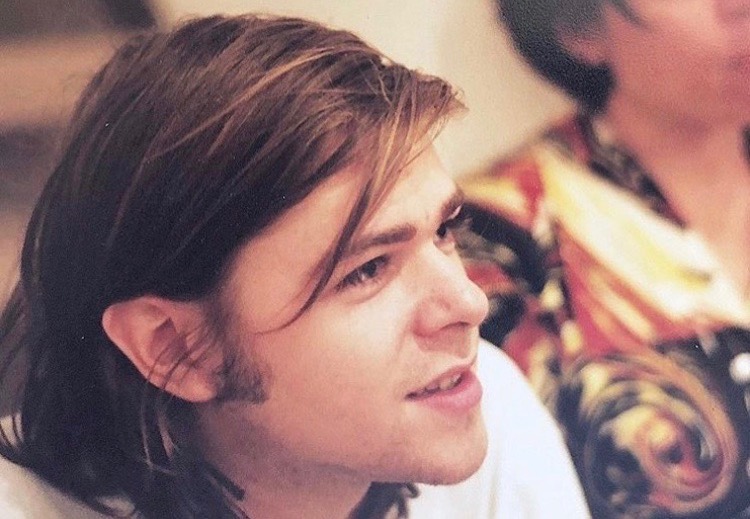




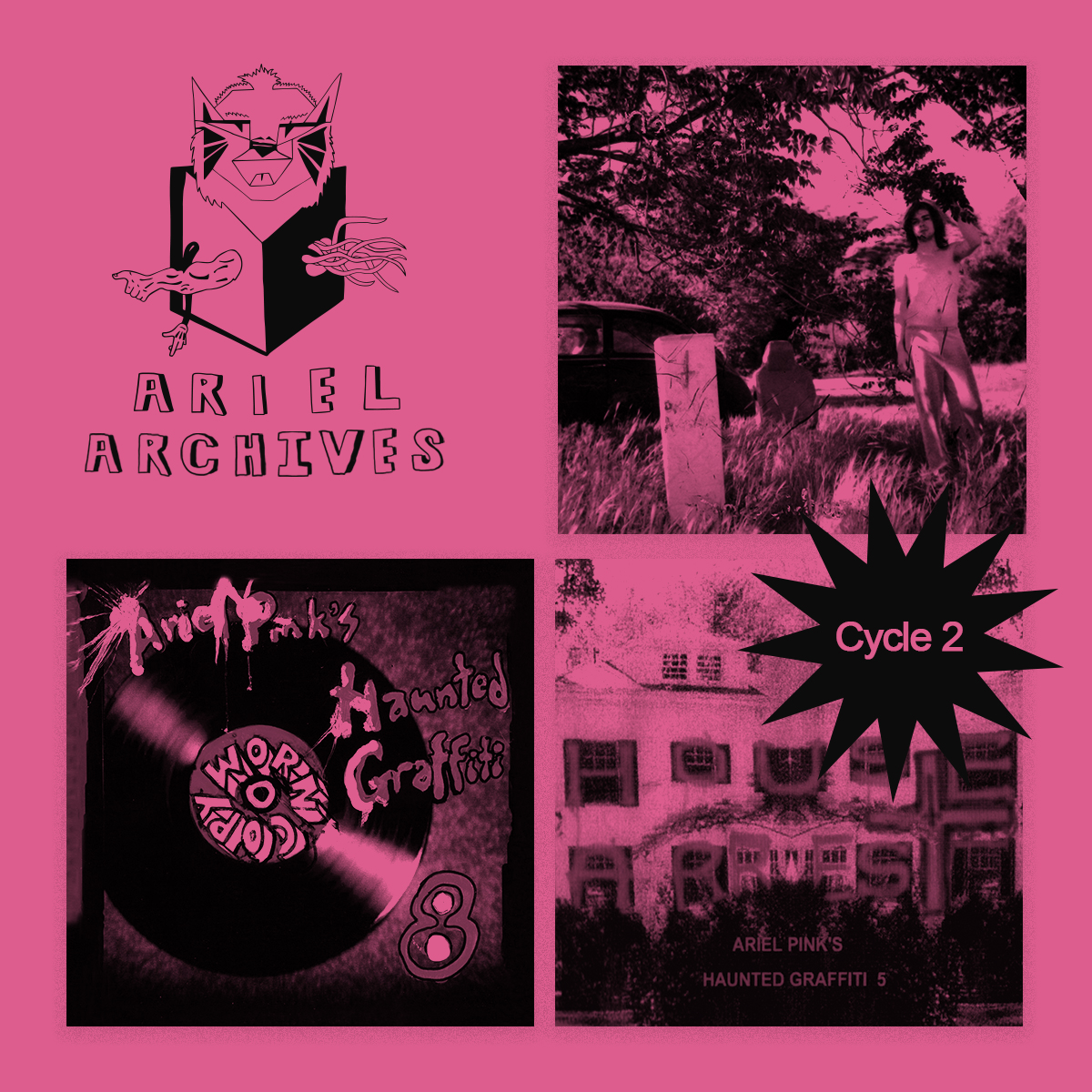 Ariel Pink
Ariel Archive - Cycle 2
Ariel Pink
Ariel Archive - Cycle 2
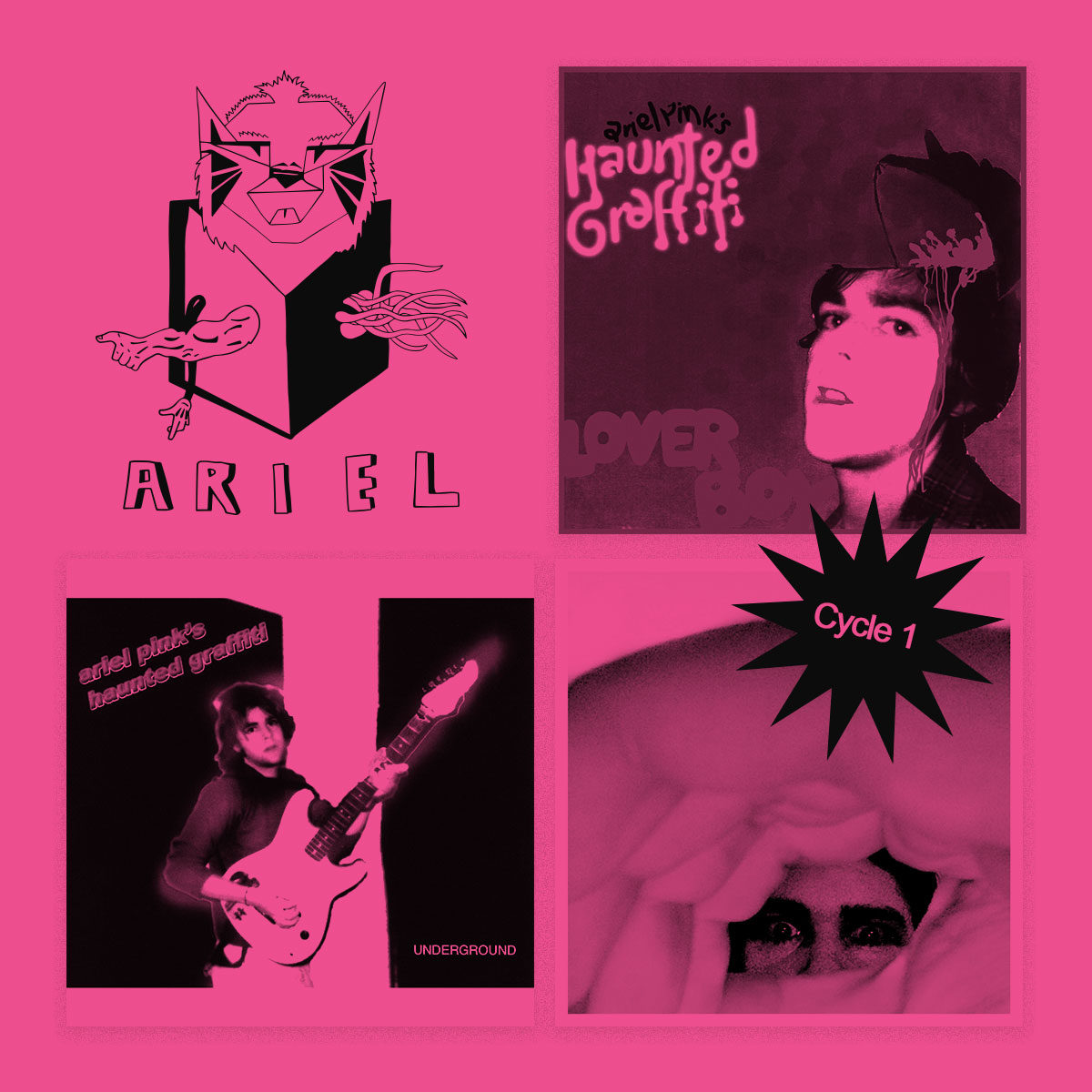 Ariel Pink
Ariel Archive - Cycle 1
Ariel Pink
Ariel Archive - Cycle 1
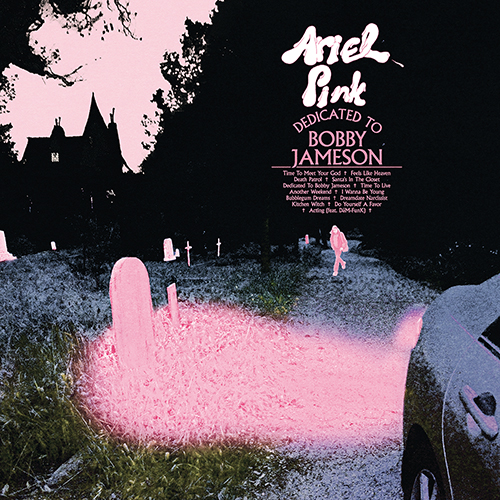 Ariel Pink
Dedicated To Bobby Jameson
Ariel Pink
Dedicated To Bobby Jameson
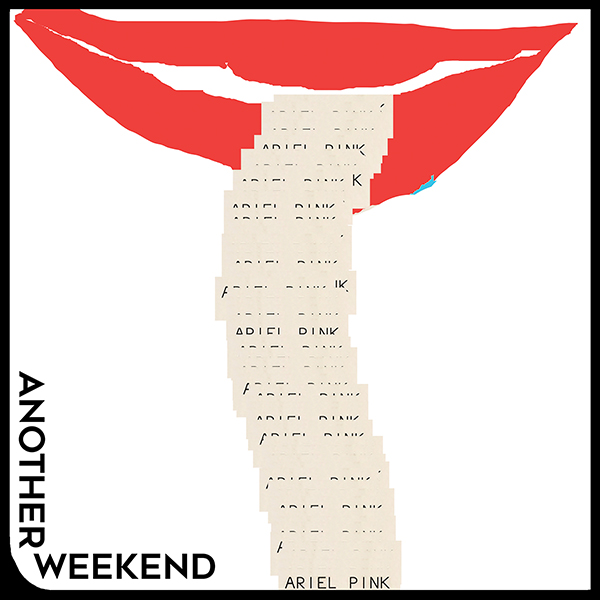 Ariel Pink
Another Weekend b/w Ode To The Goat
Ariel Pink
Another Weekend b/w Ode To The Goat
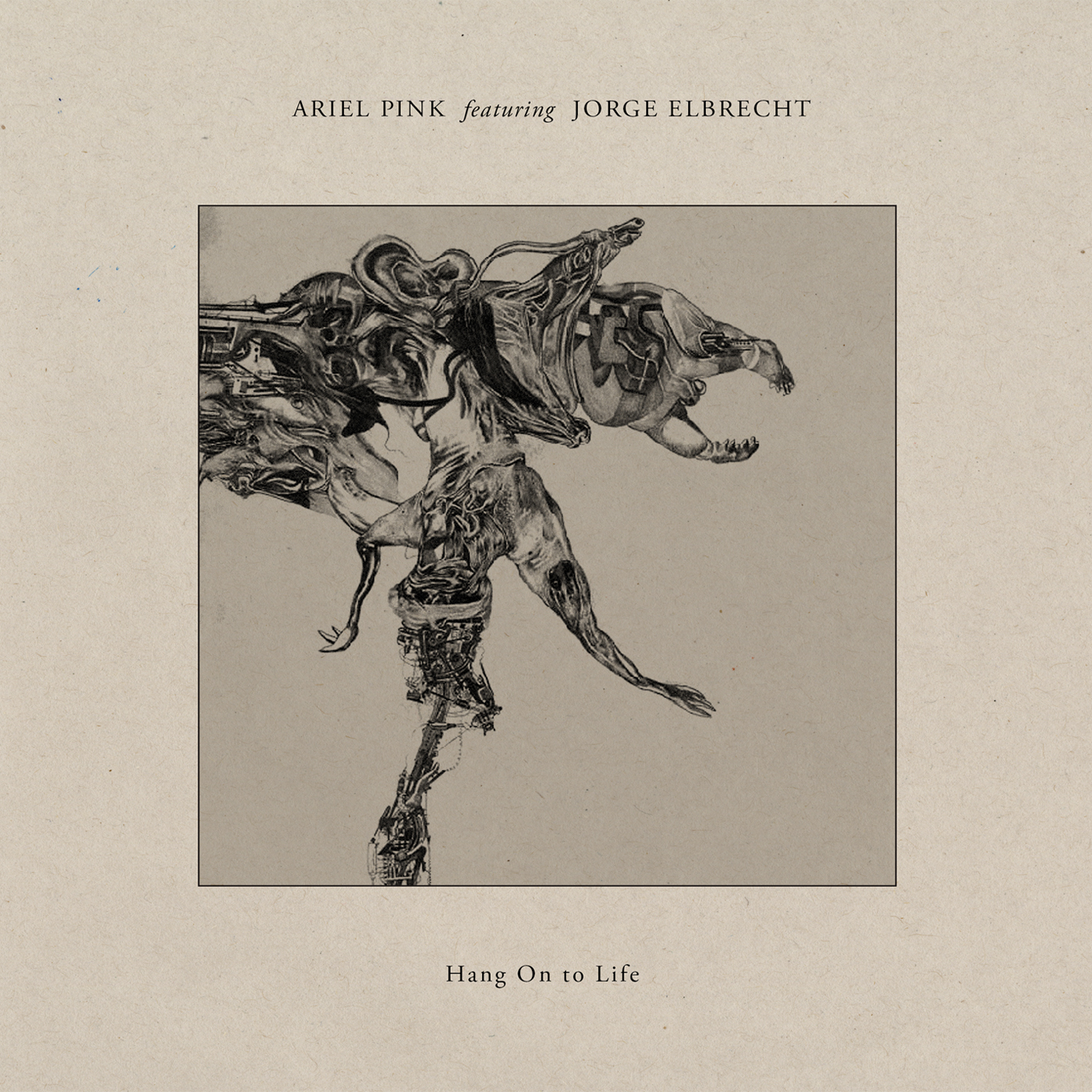 Ariel Pink
Hang On To Life
Ariel Pink
Hang On To Life
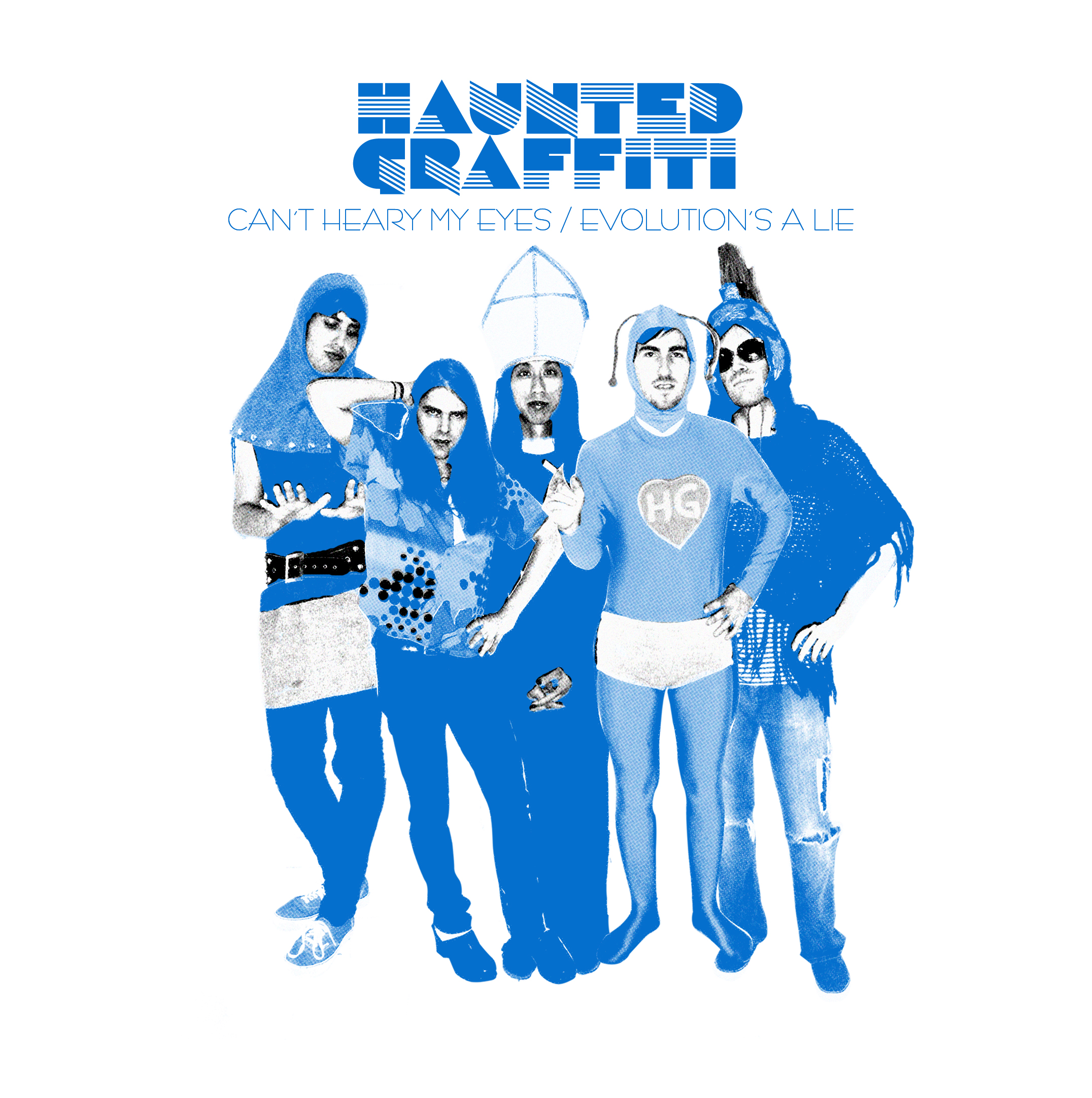 Ariel Pink
Can't Hear My Eyes / Evolution's A Lie
Ariel Pink
Can't Hear My Eyes / Evolution's A Lie
